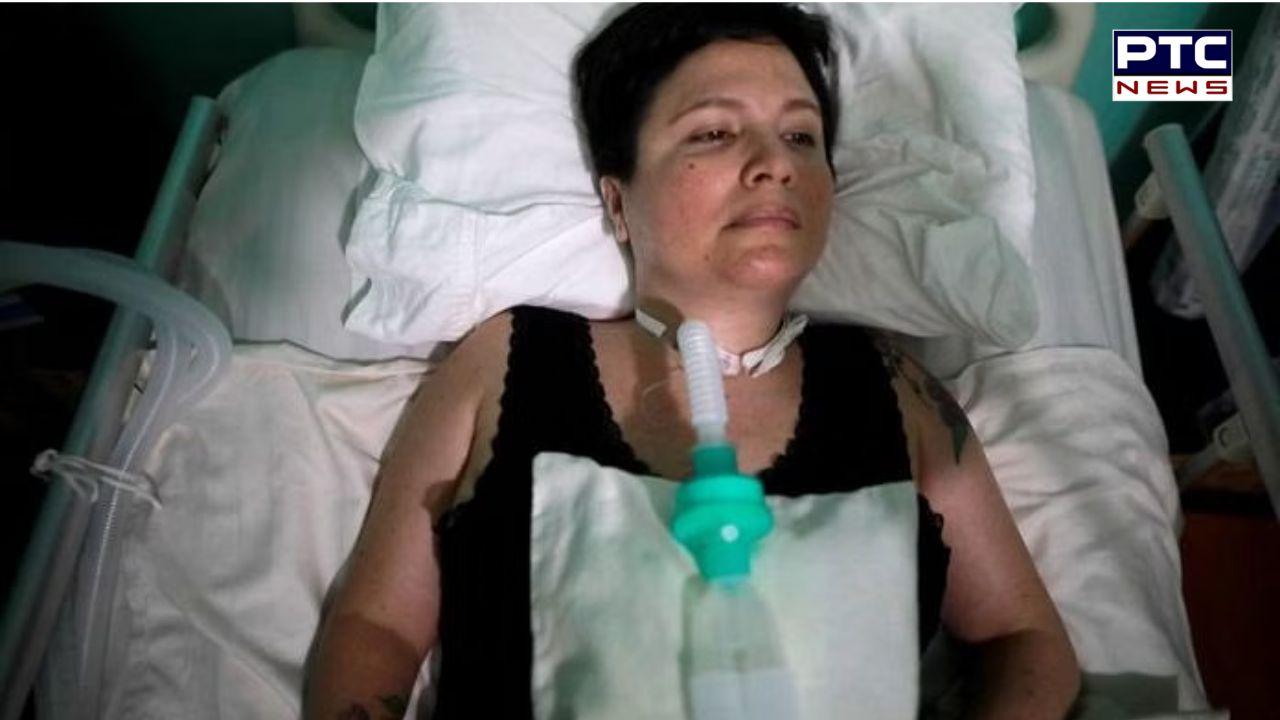

Peruvian woman with rare illness dies by euthanasia after landmark court ruling
PTC Web Desk: Ana Estrada, a 47-year-old Peruvian woman battling a rare and incurable condition known as polymyositis, died through euthanasia following a significant legal victory allowing her to end her life with medical assistance, her attorney confirmed on Monday.
Ana Estrada had endured three decades living with polymyositis, a disease causing severe muscle weakness that left her bedridden and reliant on a ventilator for breathing.
After a prolonged court battle, Estrada obtained a groundbreaking ruling in 2022 from Peru's Supreme Court, granting her an exemption to pursue euthanasia, a practice illegal in the country. This decision marked a turning point in her journey since she first went to court in 2016 to advocate for the right to end her suffering through assisted dying.
Josefina Miro Quesada, Estrada's lawyer, expressed gratitude following her passing, stating, "Ana has left us thankful to all those who supported her decision with unwavering love and stood by her throughout this battle."
Euthanasia remains illegal in the majority of countries, including Peru, which holds a predominant Roman Catholic population. However, some nations in Latin America, such as Colombia, Ecuador, and Cuba, have provisions allowing euthanasia under specific circumstances.
Estrada's case, though not legalising assisted dying in Peru, set a precedent by exempting the doctor who provided the means to end her life from facing legal repercussions.
In a previous interview with Reuters after her court success, Estrada expressed her desire for her case to establish a legal foundation for the right to assisted suicide. She acknowledged the limitations her condition imposed, saying, "There will come a time when I will no longer be able to write or express myself. My body fails, but my mind and spirit are content. I want the last moments of my life to be just like this."
Under Peruvian law, both assisting in someone's suicide and ending the life of a terminally ill patient carry sentences of imprisonment. However, the Supreme Court's ruling in Estrada's case provided a shield from punishment for the doctor who administered the medication to facilitate her peaceful passing.
- With inputs from agencies
